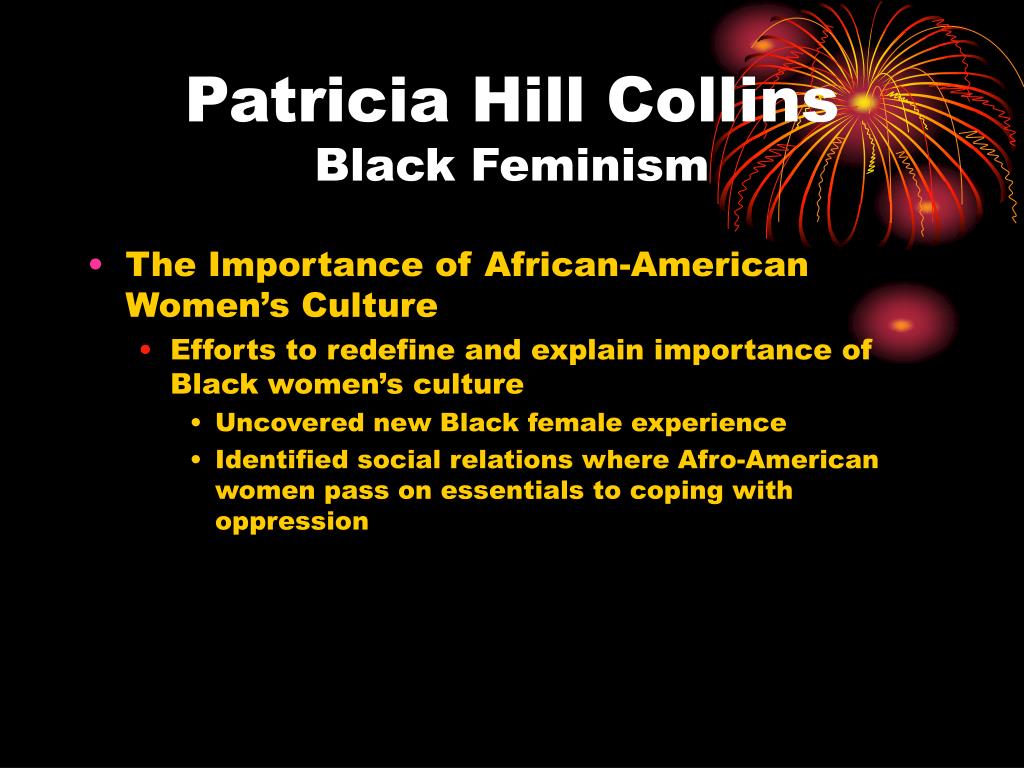


In my work, I have investigated how racism, sexism, class exploitation, and heterosexism operate to shape the lived experiences of different social groups. In the United States, the dominant discourse is shaped by intersections of race, class, gender, sexuality, and nation as systems of power. This dominant discourse sets the terms of debate – what counts as important questions, what counts as evidence, as well as what can be ignored as secondary. PHC: For me, I start with the study of the “dominant discourse” and the dominant discourse in the West consists of a constellation of knowledge projects that together constitute a seemingly hegemonic set of ideas and practices. LK: From your perspective, what is the most appropriate theoretical and empirical methodology for research into the study of social inequality? Here we present an extract from a longer interview conducted by Labinot Kunushevci, an MA student at the University of Prishtina, Kosovo. A leading US social theorist, she is famous for developing the related ideas of “multiple oppressions,” “intersectionality,” and the “outsider within” first in her now classic Black Feminist Thought (1990) and then in Fighting Words (1998) and Black Sexual Politics (2006). Patricia Hill Collins is a Distinguished Professor of Sociology at the University of Maryland and former President of the American Sociological Association.


 0 kommentar(er)
0 kommentar(er)
